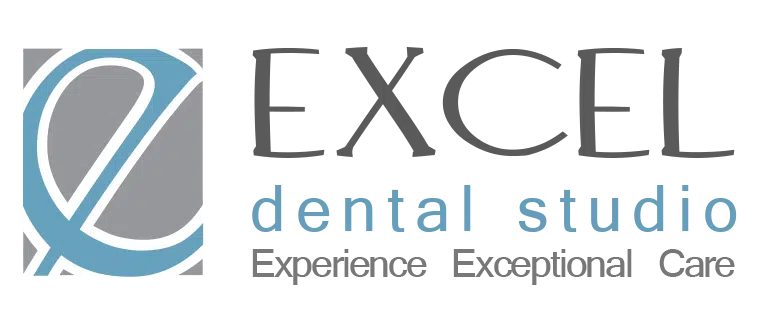- DDS – Doctor of Dental Surgery, this degree is equivalent to DMD
- debridement – removal of plaque and calculus that is interfering with proper evaluation
- debanding – removal of cemented orthodontic bands from teeth
- debonding – removal of cemented orthodontic brackets from teeth
- decay – the destruction of tooth structure
- deciduous teeth – also known as “baby” or “primary” teeth, these first teeth generally arrive between the ages of birth and 3 and will fall out later as permanent teeth begin to erupt in their place
- dental implant – small cylinder, generally titanium, implanted into the upper or lower jawbone to anchor a dental appliance or restoration
- dentin – the hard inner layer of the tooth, just beneath the enamel, forms the bulk of the tooth structure
- dentistry – medical field characterized by the evaluation, diagnosis, prevention, and treatment of diseases and disorders of the teeth, mouth, gums, jaws, and other oral and maxillofacial areas by a trained and certified professional
- dentition – the arrangement of teeth within the mouth
- denture – set of one or more prosthetic teeth
- diagnostic cast – impression used to aid in planning treatment
- diagnostic imaging – photographs or radiographs taken for the purpose of diagnostic evaluation
- diastema – the space between two adjacent teeth
- discectomy – removal of intra-articular disc from a joint
- displaced tooth – tooth that has grown or shifted into an incorrect placement within the mouth
- distal – part of the tooth furthest from the center of the arch
- DMD – Doctor of Medical Dentistry, this degree is equivalent to DDS
- dressing – medicines, bandages, or other materials applied to a wound to promote healing
- dry socket – painful localized inflammation of a tooth socket after extraction, caused by infection or loss of the blood clot needed for proper healing



